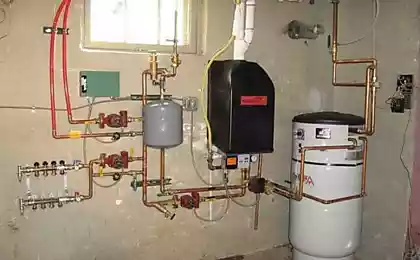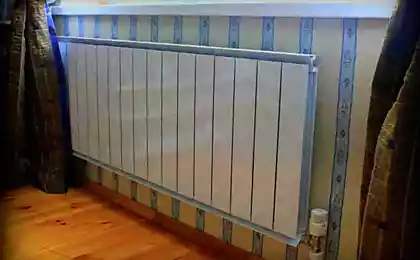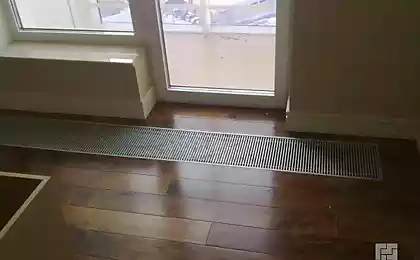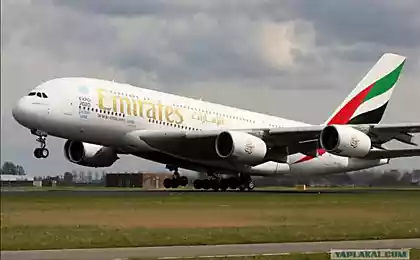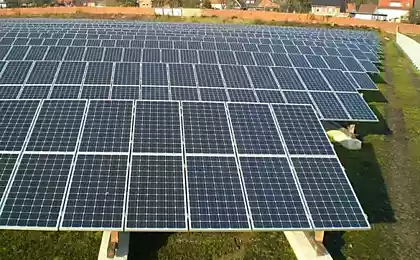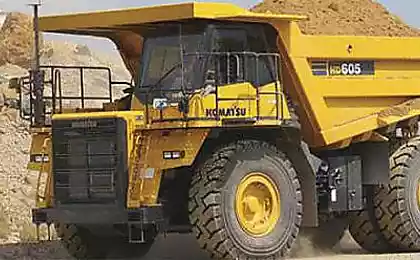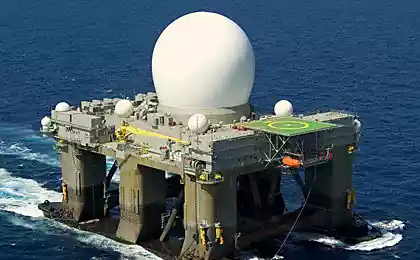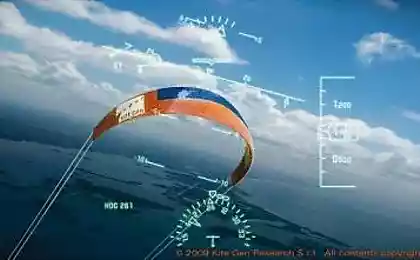526
Wind turbines close to airports
Wind turbines are increasingly used for generating electrical energy, which allows to obtain it with minimum damage to the environment. However, turbines can be installed everywhere. For example, until recently off limits for wind turbines were the airports and their environs. The problem is obvious, a huge mast and the moving blades interfere with aviation radar, camouflage the position of the flying objects interfere with the air traffic management and create conditions for accidents and catastrophes.
And indeed it is. However, to counter the clean and cheap energy safety is not entirely correct. According to the British company, Aveillant, to cope with noise from wind power plants and technical methods, using the so-called "holographic radar".
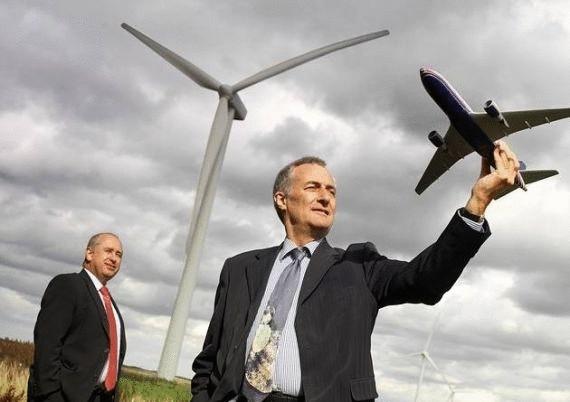
According to David crisp (David Crisp) the problem of noise from wind turbines until recently, not received sufficient attention. "For the most part airports oppose the construction of wind energy facilities in their vicinity. Some places use technology shading method involving the placement of the radar for any hill, so wind turbines were not visible. But such methods are not effective and leave a portion of the airspace outside the control that may not serve the long-term solution".
For air traffic control at airports, widely used radar system with a rotating antenna, periodically sending into space the radio. In contrast, the holographic radar uses a stationary emitters, receiving locating signals continuously from all directions.
Holographic radar analyzes the received signals using Doppler effect, showing that the parameters of signals reflected from moving objects than from signals reflected by stationary objects. This allows the radar to easily distinguish wind turbines from aircraft at a distance of 35 kilometers from the airport.
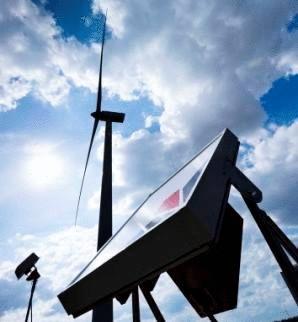
The idea is not to replace technology but to complement them, integrating a holographic radar in existing systems. "Knowing" state of the turbines, it will be able to remove them from the screens.
According to the report from their radar currently being tested and shows good performance in real conditions. Broader tests before proceeding to production is planned in the second quarter of next year.
Of course, in some cases it will be possible in the future to continue to restrict the construction of wind turbines in the area of airports. However, according to Crispus, is not always such a possibility will remain. "Still, we coped, but now came to the point where the developers of wind turbines are expanding their area and begin to build objects near airports. If we want to achieve the purpose of wide introduction of renewable energy sources, we must accept the construction of turbines in the vicinity of airports over the next few years. Then we will be faced with a real problem."
Source: /users/104
And indeed it is. However, to counter the clean and cheap energy safety is not entirely correct. According to the British company, Aveillant, to cope with noise from wind power plants and technical methods, using the so-called "holographic radar".

According to David crisp (David Crisp) the problem of noise from wind turbines until recently, not received sufficient attention. "For the most part airports oppose the construction of wind energy facilities in their vicinity. Some places use technology shading method involving the placement of the radar for any hill, so wind turbines were not visible. But such methods are not effective and leave a portion of the airspace outside the control that may not serve the long-term solution".
For air traffic control at airports, widely used radar system with a rotating antenna, periodically sending into space the radio. In contrast, the holographic radar uses a stationary emitters, receiving locating signals continuously from all directions.
Holographic radar analyzes the received signals using Doppler effect, showing that the parameters of signals reflected from moving objects than from signals reflected by stationary objects. This allows the radar to easily distinguish wind turbines from aircraft at a distance of 35 kilometers from the airport.

The idea is not to replace technology but to complement them, integrating a holographic radar in existing systems. "Knowing" state of the turbines, it will be able to remove them from the screens.
According to the report from their radar currently being tested and shows good performance in real conditions. Broader tests before proceeding to production is planned in the second quarter of next year.
Of course, in some cases it will be possible in the future to continue to restrict the construction of wind turbines in the area of airports. However, according to Crispus, is not always such a possibility will remain. "Still, we coped, but now came to the point where the developers of wind turbines are expanding their area and begin to build objects near airports. If we want to achieve the purpose of wide introduction of renewable energy sources, we must accept the construction of turbines in the vicinity of airports over the next few years. Then we will be faced with a real problem."
Source: /users/104
